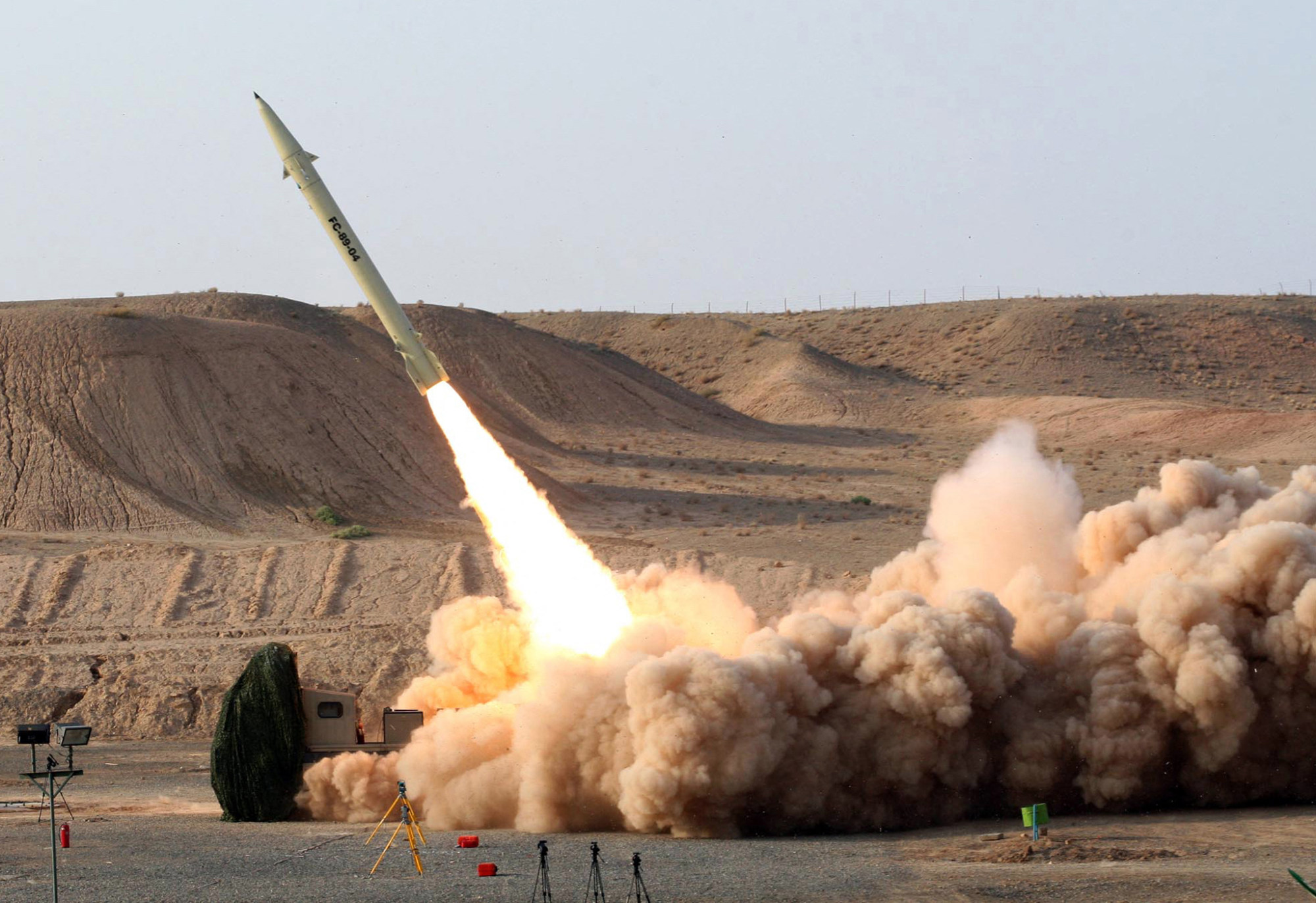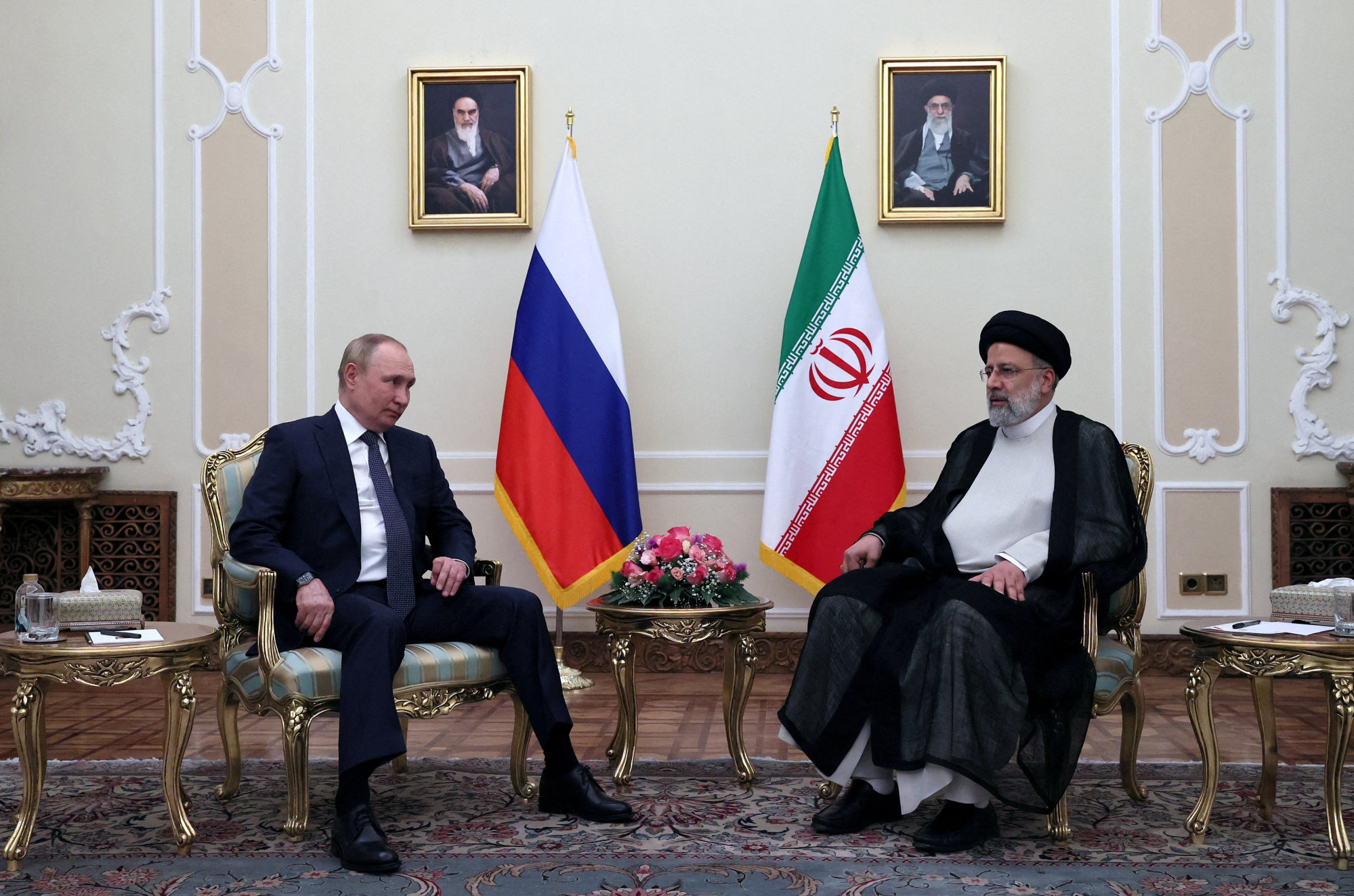By Peter Maass
April 9, 2024 at 5:45 a.m. EDT
Peter Maass is the author of “Love Thy Neighbor: A Story of War.” He covered the Bosnia war for The Post, and the invasion of Iraq for the New York Times Magazine.
How does it feel to be a war-crimes reporter whose family bankrolled a nation that’s committing war crimes?
I can tell you.
I covered the genocide in Bosnia for The Post, wrote a book about it, and reported from Iraq and Afghanistan, among other conflict-ridden countries. Also, my ancestors were key funders of Jewish emigration to British-controlled Palestine. The Warburgs and Schiffs donated millions of dollars to that cause, and during the war between Jews and Arabs that started in 1948, they helped raise vast sums for the new state of Israel. When Golda Meir made an emergency fundraising visit to the United States, one of the philanthropists she met with was an uncle of mine who led the American Jewish Joint Distribution Committee.
As Israeli forces grind through Gaza in what the International Court of Justice defines as a “plausible” case of genocide, my family’s history of philanthropy runs into my familiarity with war crimes. When Israel bombs and shoots civilians, blocks food aid, attacks hospitals and cuts off water supplies, I remember the same outrages in Bosnia. When people in a Gaza flour line were attacked, I thought of the Sarajevans killed waiting in line for bread, and the perpetrators who in each case insisted the victims were slaughtered by their own side.
Atrocities tend to rhyme.
When I reported from besieged Sarajevo, I stayed in a hotel that was smack on the front line, with Serbian snipers routinely firing at civilians walking under my window. While exiting or entering the Holiday Inn, sometimes I was the one getting shot at. On a spring day in 1993, I heard the familiar crack and whistle of a sniper’s bullet, followed by an awful scream. I went to my window and saw a wounded civilian trying to crawl to safety. Writing in The Post more than three decades ago, I described the man’s desperate shouts as “a mad howl of a person pushed over the edge. It came from the lungs, from the heart, from the mind.”
I was thinking of Haris Bahtanovic — I tracked him to a nearby hospital the next day — as I watched an agonizing video from Gaza not long ago. The video shows a grandmother, Hala Khreis, trying to leave a neighborhood that Israeli forces are surrounding. Walking tentatively, she holds the hand of her grandson, who is five years old and carries a white flag. Suddenly, a shot rings out and she crumples to the ground dead. Sniper rifles have high-powered scopes — the shooters can see who they are shooting. The attacks on Khreis in 2024 and Bahtanovic in 1993 occurred in daytime and were not accidental.
Millions of Jews in America feel connected to Israel’s creation. Maybe our ancestors gave or raised money, maybe they went and fought, maybe they donated to Zionist organizations. What’s a Jew to do now? Everyone makes their own choices, but my experience of war crimes taught me that being Jewish means standing against any nation that commits war crimes.
Any.
I noted in my Bosnia book how being a Jew and seeing an actual genocide made me understand, more than before, the precariousness of minorities and the necessity of speaking out as atrocities emerge. That imperative strengthens if your government abets the crimes or your tribe commits them.
Israel and its supporters contend that what’s happening in Gaza is a legal and righteous response to the Oct. 7 attack by Hamas fighters. It’s evident that war crimes were committed by Hamas: Israelis were shot in their homes at kibbutzim, and concertgoers at the Nova music festival were massacred. We’ve seen the pictures and videos, and while some allegations have turned out to be false, the evidence of brutal crimes is solid. Hamas is still holding more than 100 hostages.
That does not give Israel a pass to respond as it pleases. An eye for an eye — or a hundred eyes for one eye — is not a thing in international law. A key tenet of the laws of warfare is that an attack that endangers civilians must be militarily necessary, and any civilian casualties that occur must be proportional to the military gain. What that means, in plainer language, is that you cannot slaughter a lot of civilians for a minor battlefield gain, and you certainly cannot target civilians, as appears to have happened in the killing of Hala Khreis and many other Palestinians. So far, more than 30,000 people have been reported killed in Gaza, most of them civilians, including more than 13,000 children.
The victims of genocide — which Jews were in the Holocaust — are not gifted with the right to perpetrate one. Of course, a war-crimes court should be the arbiter of whether Israel’s actions in Gaza qualify as genocide, but sufficient evidence for indictments appears to exist because the legal definition of genocide is “acts committed with intent to destroy, in whole or in part, a national, ethnical, racial or religious group” The key words are “in part.” Holocaust levels of killing are not required to reach the legal standard.
This puts all Americans, not just American Jews, on the spot. The U.S. government is Israel’s principal supporter, by virtue of the bombs and other weapons that continue to be provided to the extremist government of Prime Minister Benjamin Netanyahu. We are all implicated.
The idea of Jews protecting the rights of Palestinians is not as new as you might think. Before the Holocaust, my ancestors were part of the “non-Zionist” movement that supported Jewish emigration to Palestine but opposed the creation of a Jewish state. The non-Zionist position was based on the concern that a Jewish state would result in violence and reinforce accusations that Jews were not loyal to America.
For example, in the May 21, 1917, edition of the New York Times, a headline reads: “Mr. Schiff Not for Zionism: He Would Establish Jewish Population, Not a Nation, in Palestine.” The story is about my great-great-grandfather, Jacob Schiff, the Gilded Age financier who bankrolled efforts to help persecuted Jews flee Europe. The idealistic non-Zionist goal was for the Jews who were settling in Palestine to make a deal with the Arabs already living there that would not give either side complete government control. Two decades later, in 1936, my great-grandfather, Felix Warburg, who had married Schiff’s daughter, accurately warned that establishing a Jewish state would lead to “bloody heads and misfortune.”
Jewish settlement continued in Palestine, of course, and the Holocaust accelerated momentum for creating a national homeland there — for which my ancestors dutifully opened their wallets. But there is a largely forgotten history of what then happened in a dissenting corner of America’s Jewish community. As Geoffrey Levin writes in his relevant new book, “Our Palestine Question,” since the founding of Israel “there have been American Jews deeply unsettled by Israeli policies toward both the Palestinian refugees and Arabs living under Israeli rule,” who are fiercely dedicated to the issue.
These dissenting Jews were unsettled by, among other things, the exodus of more than 700,000 Arabs when Israel was established; it’s what Arabs refer to as the Nakba, or “catastrophe.” Israel refused to let these Arabs return to their homes and, over the decades, constructed a repressive apparatus of military occupation in the West Bank and Gaza. While Levin’s book was published just before the latest convulsion, he astutely noted that “some American Jews today see their support for Palestinian rights as a meaningful expression of their Jewish identity.”
My Jewish identity was always a bit vague because my ancestors were German Jews who assimilated at the speed of cultural sound; when I was growing up, we even had a Christmas tree. (They donated and spent their money at the same pace; the fortune was mostly gone by the time I came of age.) I began to feel more Jewish while covering the genocide of Bosnia’s Muslims. What Levin points to — the defense of Palestinians increasingly being an act of Jewish identity, particularly for younger Jews — feels right for me, too.
It was near Sen. Charles E. Schumer’s home in Brooklyn that I recently saw how this long-ignored movement has found new propulsion. I live a 10-minute walk from the Democratic majority leader’s apartment building, which the New York Police Department barricades whenever a protest approaches. Though Schumer now calls for early elections that might unseat Netanyahu, he supports military aid to Israel and is the highest-ranking elected Jewish official in the United States. Protesters are shunted a few hundred yards away to Prospect Park, and about 100 of them happened to be there when I walked by last month.
Some waved professionally printed, multicolored placards that said “Hands Off Rafah — Stop the Genocide,” and “Ceasefire Now — Let Gaza Live.” But there was also a woman wearing a kaffiyeh around her waist, who held a piece of cardboard with a handwritten message: “Jewish Nurse Against Occupation.” She was protesting not just the killing of civilians but the decades-long military occupation of Palestinian territory, which is the underlying problem.
These protesters are part of a movement that includes Jewish demonstrators who wear T-shirts that say “Not In Our Name.” Their potent voices undermine the argument that all protests against Israeli violence are antisemitic. They help legitimize global opposition to what’s being done in Gaza, and they defend not only Palestinian lives but Jewish lives, too, because they contradict the misbegotten idea that Jews as a whole are to blame for what Israel is doing.
I did not take the activist route after graduating from college. I chose journalism, then wars chose me. Through the years, I realized that exposing war crimes — wherever they occur — is central to my identity as an American, a journalist and a Jew.
D/C: An extremely powerful piece that it is hard to argue with.



